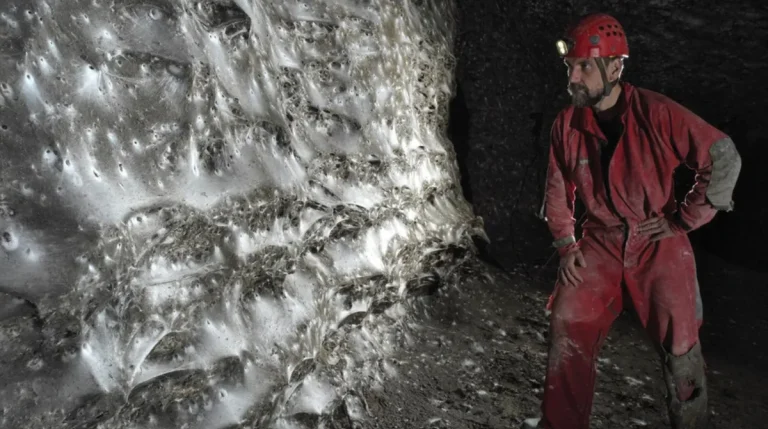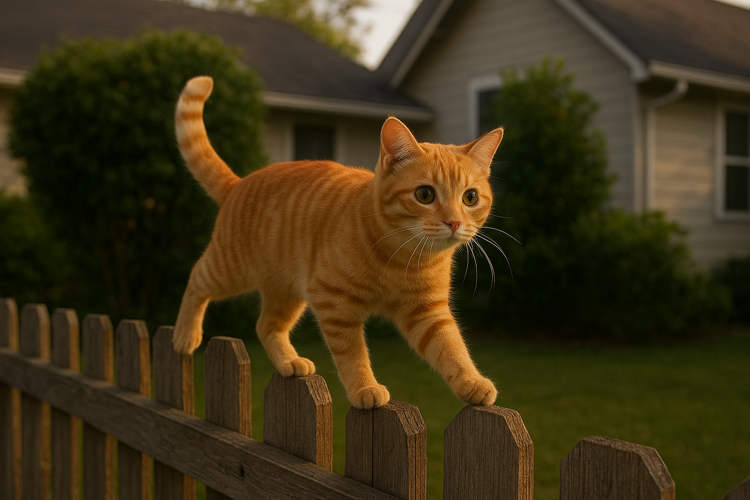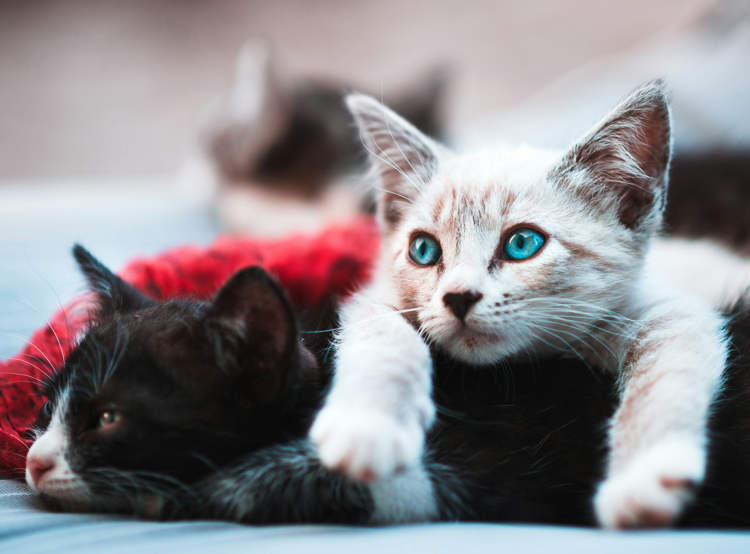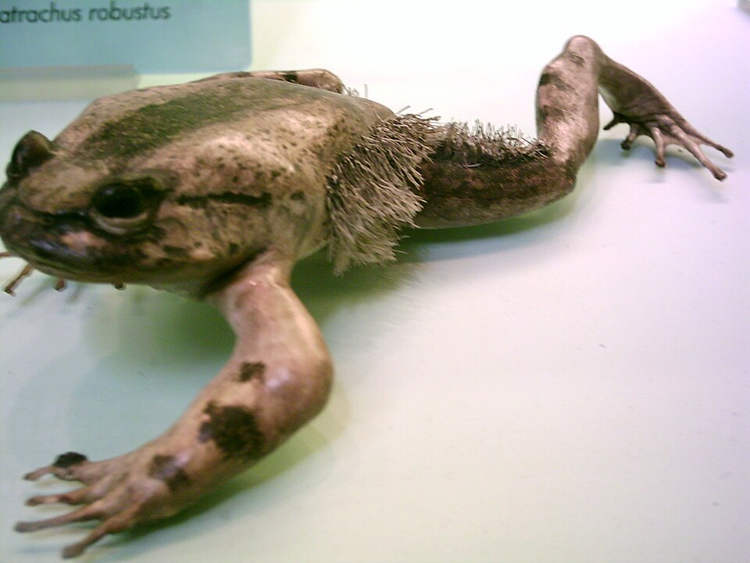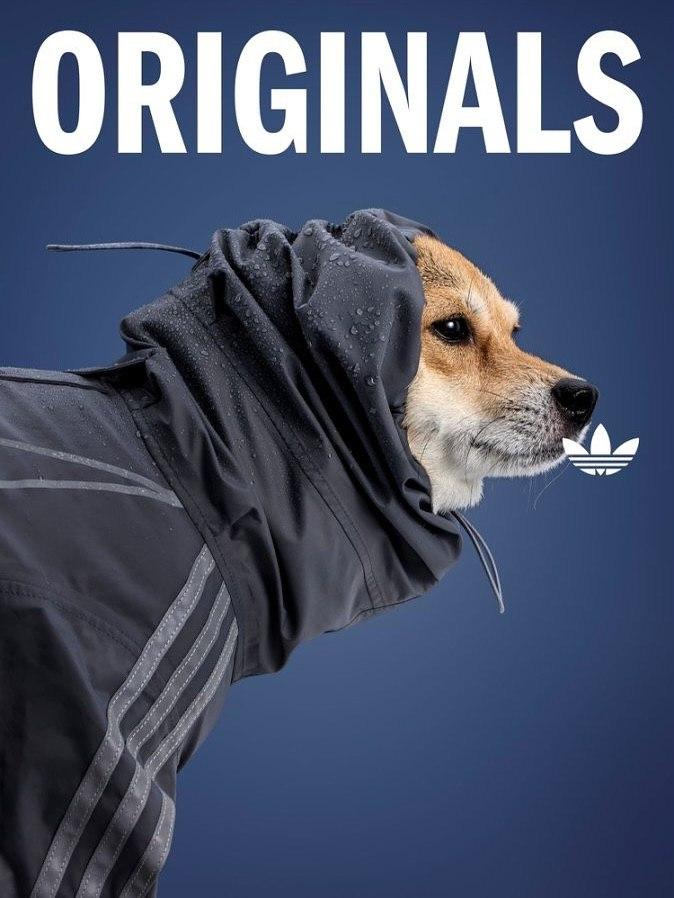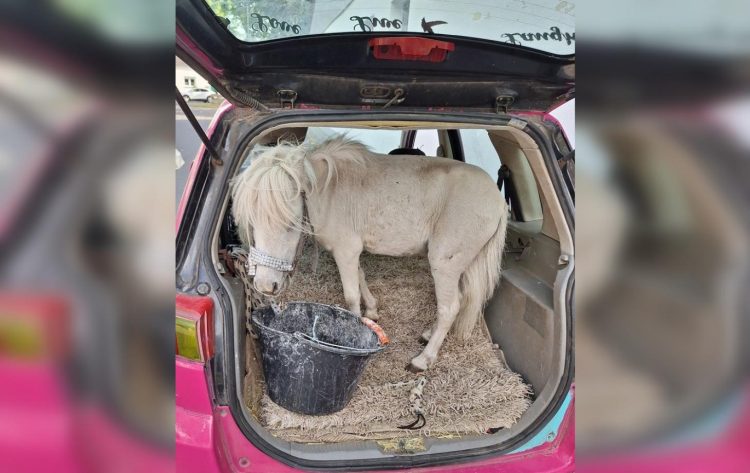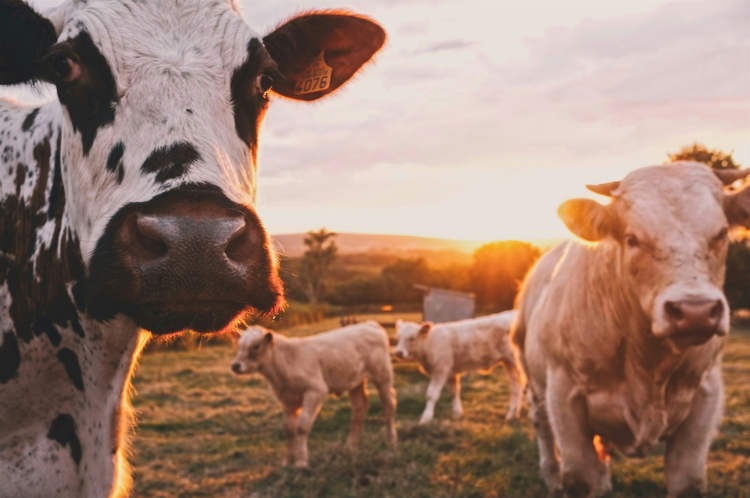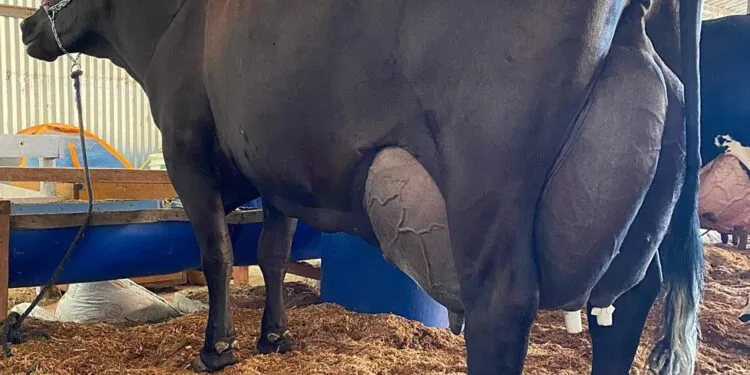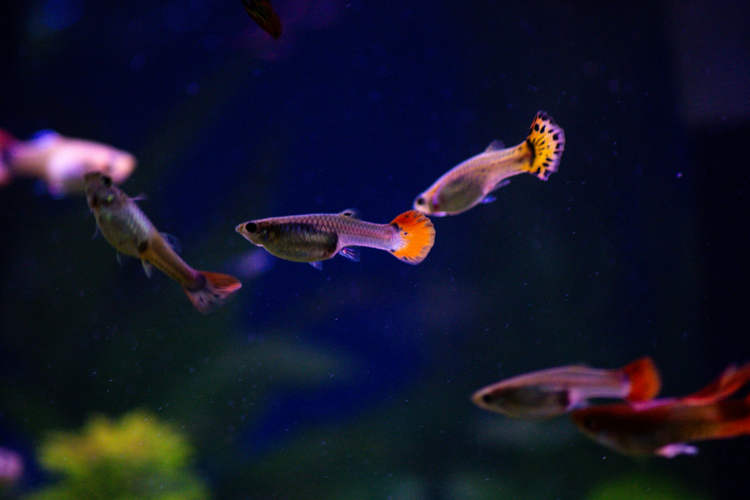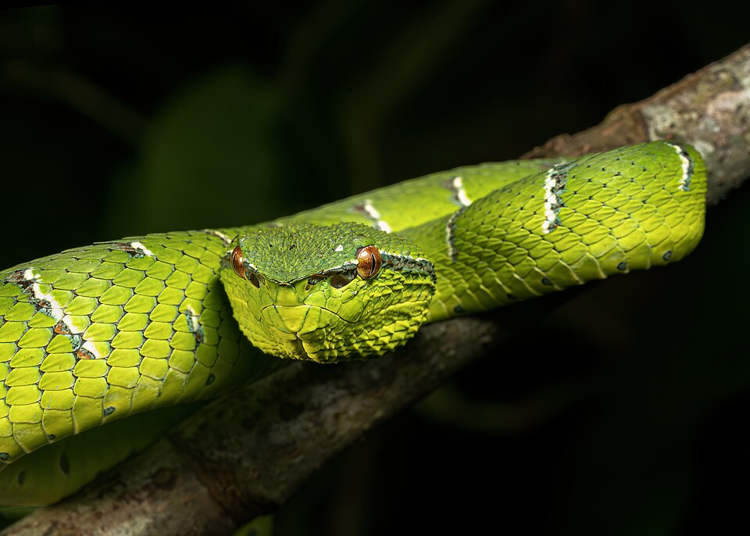For a lot of people, the term “ethical fur” is nothing more than an oxymoron, since it still involves killing animals for their pelts, but one fashion designer is actually legitimizing the expression by using roadkill for her fur accessories.
Pamela Paquin, founder of the aptly-named Petite Mort fashion label, picks up animal carcasses from the side of the road and turns their pelts into fur accessories that sell for up to $1,000 a piece. All of her creations, from gloves, to leg warmers and hats are marked with a specially-designed silver disk that lets people know they are ethical products. “People need to look at the fur and say okay, that’s Petite Mort, it’s an ethical fur,” Paquin said about the distinctive label. I would add that it’s also a great heads-up to animal activists not to smear the expensive fur accessories them with paint, as they tend to do at public events.
The idea of roadkill fur had been in Pamela’s head for a few years, before she actually decided to actually make it happen. But after traveling the world as a global sustainability consultant and living in Denmark for seven years, she and her daughter returned to New England, looking to start over. She told the Washington Post that she found herself “sitting in the woods literally staring at the trees. Winter was coming. I was like: ‘What am I doing to do with myself?” There was that dead raccoon on the road the other day. My cousin’s a hunter. Maybe I should just do this.'”
Having grown up on a dairy farm, in a family that raised and hunted animals, Paquin never had any problems with collecting animals carcasses In the 6th grade, she took the bodies of dead animals she found on the roadside of her Massachusetts home to school, for dissection, so you can say she definitely had some background for the trade. That said, skinning an animals that has been dead for some time is never easy. Pamela found that out, last year, while skinning her first animal – a raccoon so rotten that its insides had totally liquefied. It was gross experience, but she got through it and now raccoon is her most popular pelt.
When she decided to make a business out of roadkill fur, the first places she visited were the highway department and animal control in Jaffrey, New Hampshire. She left them her business card and asked them to call her whenever they had roadkill available. They actually helped her quite a lot, bagging up the roadkill they found and leaving it somewhere she could pick it up.
Pamela collects animals from November to February, and once she has 10 to 20 furs in the freezer, she visits a taxidermist who helps her “flesh” them – removing any meat and fat to prevent the hide from rotting – after which they head to the tannery for three months. After that, the furs are ready to be made into whatever garment the designer chooses. As for the carcasses, Paquin takes them back into the woods, places them in a fetal position and says a prayer for them – “the giveaway prayer, a prayer of thanks,” she says. “You’re thanking the animal spirit.”
Asked if she feels people are put off by the fact that Petite Mort accessories are made from roadkill, Paquin didn’t seem to worried, saying that so far the market has responded positively to her creations. The fact that guilt is totally taken out of the equation is also a plus. “Fur is a very sensual and luxurious product that has been shamed and shameful for a very very long time,” she says. “This is a shameless fur. This is champagne all night and no hangover.”
According to Culture Change, approximately 1 million animals are killed on US roads every day, that’s 365 million a year. By comparison, around 50 million animals are killed for their fur, every year. I think Pamela Paquin is on to something big here, and the potential for growth is immense. Now if only more people knew about her Petite Mort (French for ‘little death”) label. I bet she could give big fur fashion houses a run for their money.
Photos: Petite Mort/Facebook
Sources: Modern Farmer, Washington Post







